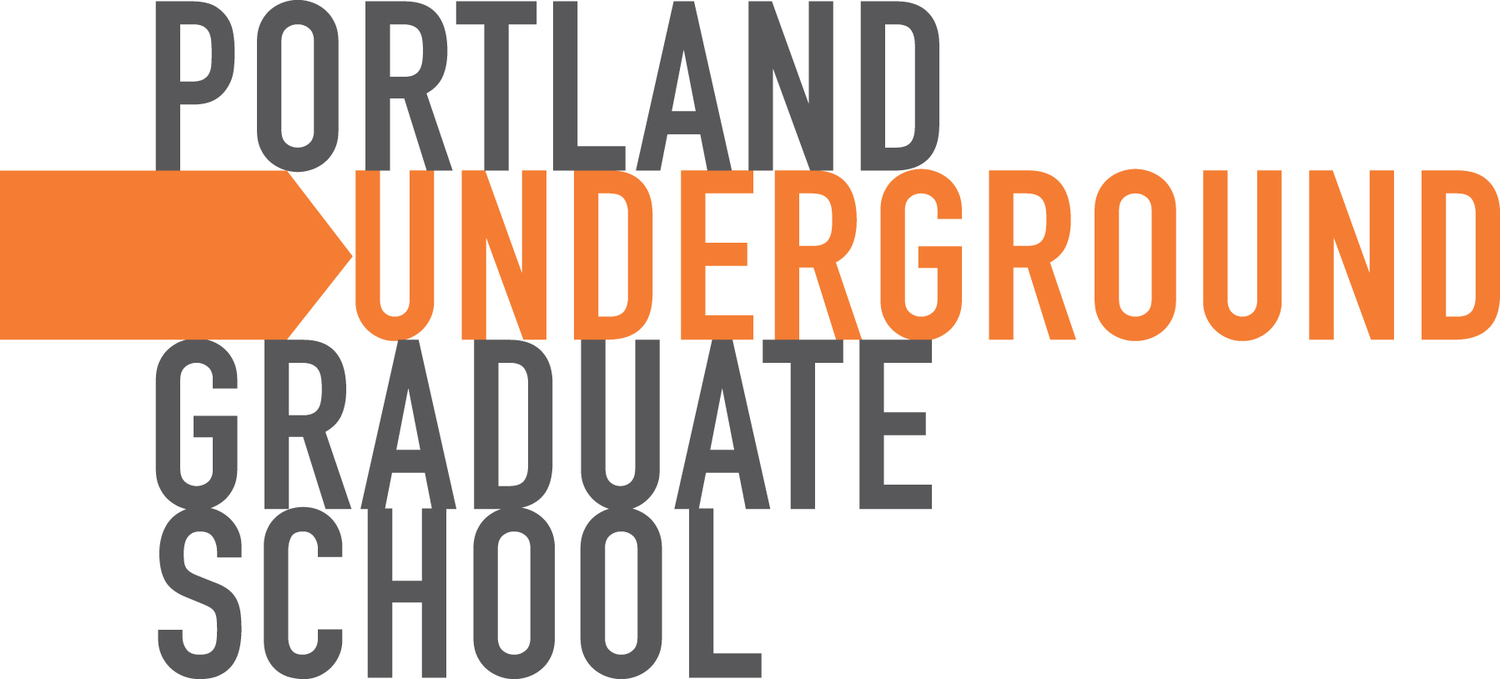Half Learning and Half Community
/“People must belong to a tribe.” - E.O. Wilson
Our catch phrase at PUGS is that we’re half learning and half community. That means we believe in learning through community and community through learning. This note is about why community is so important to us.
In the last 30 years, our civic life has collapsed. As Robert Putnam wrote in the seminal book Bowling Alone, “In the ten short years between 1985 and 1994 (alone), active involvement in community organizations… fell by 45 percent.”
I just read a book called The Art of Community by Charles Vogl. In it, there are a wealth of statistics about the decline of civic space and the alarming implications of that:
Since the 1980s, the number of people who say that they have no one to talk to about difficult subjects has tripled. The size of the average person’s social network has decreased by ⅓.
In the 1970s, almost 2/3 of Americans attended some sort of club meeting. By the late 1990s, the figure was 1/3. The average American invested about 1/3 less time in organizational life between 1965 to 1995. Even the number of picnics went down 60 percent from 1975-1999.
Social scientists have been asking a cross-section of U.S. citizens a simple question for years: “How many confidants do you have?” They wanted to know how many people you could turn to in a crisis, or when something really good happens to you. When they started doing the study several decades ago, the average number of close friends an American had was three. By 2004, the most common answer was none.
And loneliness is harmful. People who are socially connected are happier, delay health declines, and live longer. Having weak social ties has been shown to be as harmful as alcoholism or smoking up to 15 cigarettes a day!
All these statistics are pre-internet. I suspect that the explosion of the Internet was partially in response to these trends; we spend more and more time online as a reaction to not feeling connected in person. However, this is a viscous cycle, continuing to lower our participation in civic life and real life engagement. Senator Mike Lee of Utah’s Social Capital Project reports that, between 1974 and 2016, the percent of adults who said they spend a social evening with a neighbor at least several times a week fell from 30 percent to 19 percent. “The connective tissue that facilitates cooperation has eroded,” the report concludes, “leaving us less equipped to solve problems together within our communities,” and more likely to turn to the state (or cynicism).
I don’t want to sound alarmist. At the same time, I think this issue is critical. At PUGSfest last year, PUGS instructor Wendy Willis led a session on civic loneliness. I’ve been thinking about the implications of civic loneliness ever since, both for our personal lives and for our politics as well. What happens when we don’t feel connected to each other anymore? What happens when we don’t trust the people around us? What happens when we don’t invest time and attention to the civic life of our community? In many ways, I started PUGS as a way to address some of that. Again, PUGS is half learning and half community. I think we do the learning very well: our instructors are spectacular and people seem really satisfied with what they take away from the courses. I don’t think we’ve done community very well. The classes themselves are fantastic little communities, but have we created anything deeper or longer lasting than that? I’m not sure.
Charles Vogl has a great definition of community: “when at least two people feel concern for each other’s welfare.” That community of mutual concern is what I want to build at PUGS. But, under that definition, building a community isn’t the job of the leadership, it’s the task of the people in it. Mutual, continuing concern for each other is what YOU bring to a community. The collective sum of individual care and concern is what makes community successful and repairs our civic fabric. I’m hoping that there’s a group of people who want to build that.
We’ll be focusing on building community for the next year in all our courses and workshop. It starts this weekend with Civic Saturday. One of our favorite PUGS instructors, Wendy Willis will be leading it. Civic Saturday is a project from Citizen University, in partnership with Oregon Humanities, Healthy Democracy, Kitchen Table Democracy, Deliberative Democracy Consortium, and the Attic Institute. This event is FREE so if you’re in town, we hope you come participate in the building of our community here in Portland. Bring something to eat; we’re going to have a picnic after!
Warm regards,
Douglas


